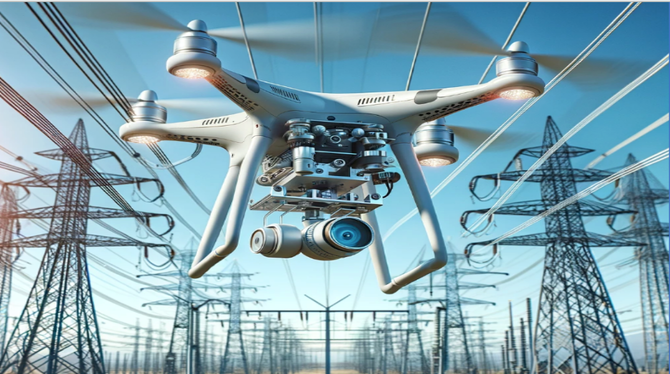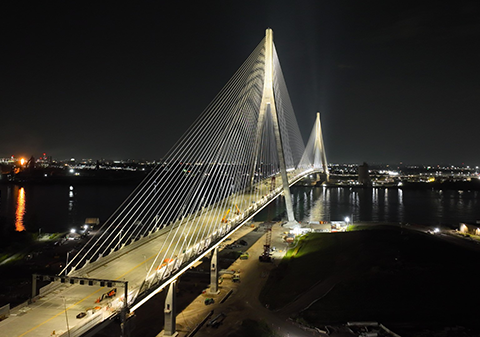India’s Ministry of Home Affairs has proposed a high-tech safety overhaul using artificial intelligence (AI), drones, smart lighting, and automated surveillance systems.
The move comes amid a public interest case before the Supreme Court of India, brought forward by a group of senior women lawyers calling for urgent government action.
The proposal targets urban danger zones, with a special focus on major transport hubs and poorly lit areas where crimes against women are often reported.
A key part of the strategy involves installing AI-powered facial recognition systems at seven major railway stations in India, including those in New Delhi and Mumbai. These systems will scan faces against the National Database of Sexual Offenders (NDSO), which contains data on individuals previously convicted of sexual crimes such as rape, harassment, and child abuse.
This initiative aims to detect potential threats before incidents occur and issue real-time alerts to law enforcement. The railway surveillance project is part of India’s broader Safe City initiative, which seeks to make public spaces safer, particularly for women and children.
The proposal also includes deploying surveillance drones equipped with high-definition cameras and thermal sensors. These drones will monitor public areas in real time, particularly during nighttime or large public gatherings. They are expected to serve as both a deterrent to crime and a rapid-response tool.
To complement the drones, sensor-based smart streetlights will be installed in poorly lit areas. These lights automatically brighten when movement is detected and dim when not needed, increasing visibility and safety without wasting energy. This technology is already being tested in parts of Delhi under pilot projects funded by the government and local municipalities.
Another layer of protection includes the use of automatic number plate recognition (ANPR) to scan vehicle plates and match them against police databases in real time. If a suspicious or stolen vehicle enters a high-risk area, authorities are alerted immediately.
Control centers—connected through integrated command and control systems (ICCS)—will analyze these data points, allowing officers to deploy units swiftly when needed.
The proposal comes at a time when the country is still grappling with the long shadow cast by the infamous 2012 Delhi gang rape and murder of a medical student, a case that triggered national and global outrage.
Also Read; Ukraine, Russia Set to Resume Talks in Türkiye
This year marks over a decade since the attack, yet protests have resurfaced amid new cases of gender-based violence, reigniting calls for systemic change.
According to India’s National Crime Records Bureau (NCRB), crimes against women have increased in recent years, with more than 66 cases per 100,000 women reported in 2022 alone. Despite numerous arrests, conviction rates remain low—largely due to delayed investigations and backlogged courts.
While many experts welcome the use of technology, others caution against potential privacy and data protection concerns. Government officials have assured the Supreme Court that all surveillance systems will comply with India’s legal standards and will not infringe on civil liberties.
A spokesperson for the Ministry emphasized that AI will be used not only to track offenders but also to detect signs of distress. For example, the system can flag incidents like a lone woman being followed by a group, or an abandoned object in a crowd—then alert nearby police units even before a complaint is made.
The success of this initiative will be closely monitored in New Delhi and Mumbai, with plans to expand to other cities if results are positive. It is part of India’s larger vision of using smart city infrastructure to enhance urban life.
Citizens, urban planners, and legal activists alike will be watching to see whether this technology can deliver not just data—but real safety, accountability, and peace of mind.







